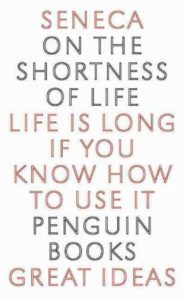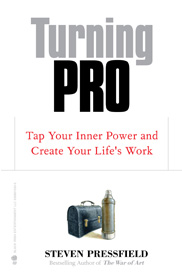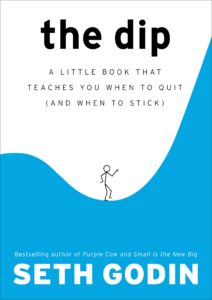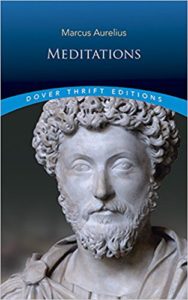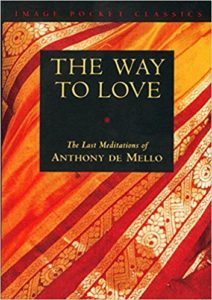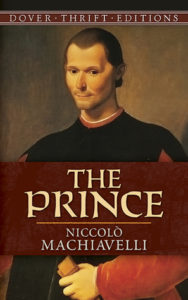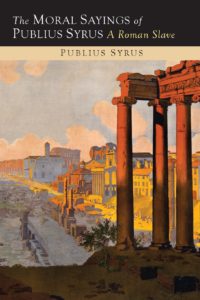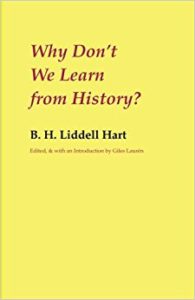Chuck Close, a 76-year-old master of photorealist painting, suffers from dyslexia, temporary paralysis, and a condition known as prosopagnosia which disables his capacity to recognize faces. One would imagine that he needs a great deal of inspiration to continually produce great work. But the opposite is true – Chuck Close despises inspiration.
“Inspiration is for amateurs,” he says. “The rest of us just show up and get to work.”

In spite of his grim health condition, Chuck Close has produced some of the most mesmerizing and sought-after art of this century, all seemingly without any sort of extrinsic motivation. This begs the question: Do we have it all wrong when we assume inspiration is a requisite for great achievements?
Tacking a motivational quote on our wall or setting it as our phone wallpaper seems like a great idea at first. It might get us excited for a day or two. But that feeling always seems to fade as quickly as it appears. All of the inspirational speeches, songs, movies, and so on spike our dopamine levels; as Close recognized though, the inspiration that arises out of that thrill has nothing to do with action. It has everything to do with getting us in the mood for action, even if we don’t end up taking it. Many would use this theory as evidence as to why self-help authors and speakers never run out of business: if inspiration worked, the demand for it would no longer exist.
There is something hardwired into people like Chuck Close that allows them to get things done without having to feel thrilled about it. Instead of having an on/off switch that creates spurts of motivation and slumps of procrastination, they maintain a steady flame of productivity. Oliver Burkeman explains this more clearly than I can:
“The daily rituals and working routines of prolific authors and artists – people who really do get a lot done – very rarely include techniques for ‘getting motivated’ or ‘feeling inspired.’ Quite the opposite: they tend to emphasize the mechanics of the working process, focusing not on generating the right mood, but on but accomplishing certain actions, regardless of mood.”
Michael Jordan didn’t have to feel inspired to score 55 points in a playoff game. Steve Jobs didn’t have to listen to Ted Talks to convince himself to develop a the iPhone. They just did it. Their drive came from repetition and discipline, not validation. They understood that feeling like acting and taking action are two separate entities.
The problem with seeking out inspiration is that it adds another barrier between ourselves and the goal: in order to achieve X, I’ll motivate myself, then get to work. Why not just do the work instead? I’ll take 500 sloppy words, a less-than-perfect workout, or a troubling study session over ‘feeling inspired’ any day.
I hope this didn’t inspire you to be uninspired.
Dominic Vaiana studies writing and media strategy at Xavier University. You can get the PDF “11 Immutable Writing Lessons from Legendary Authors” along with his personal articles, essays, interviews, and book recommendations by joining his monthly newsletter.
